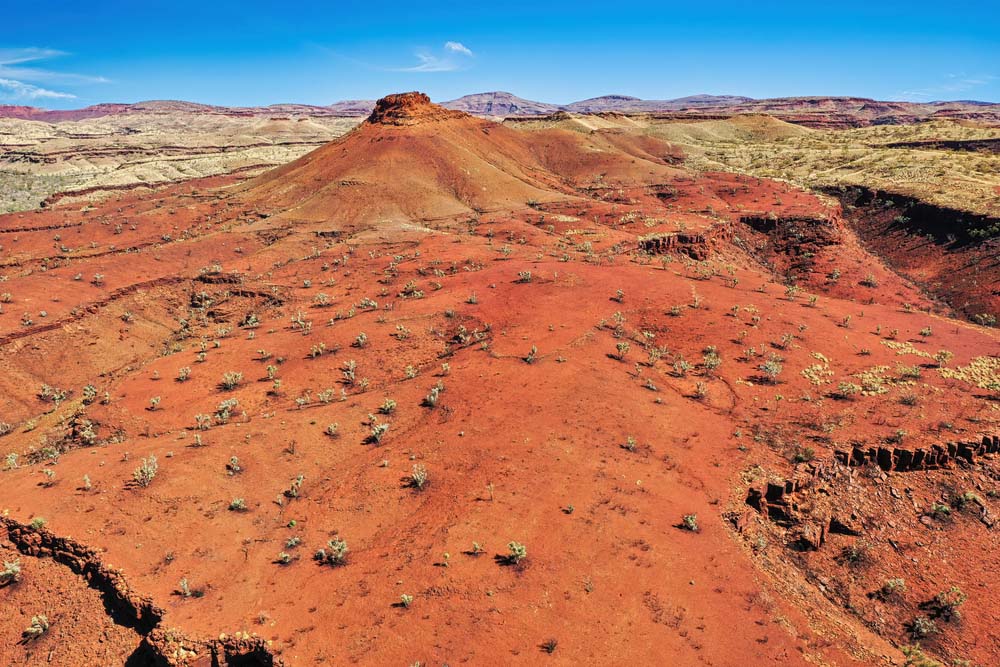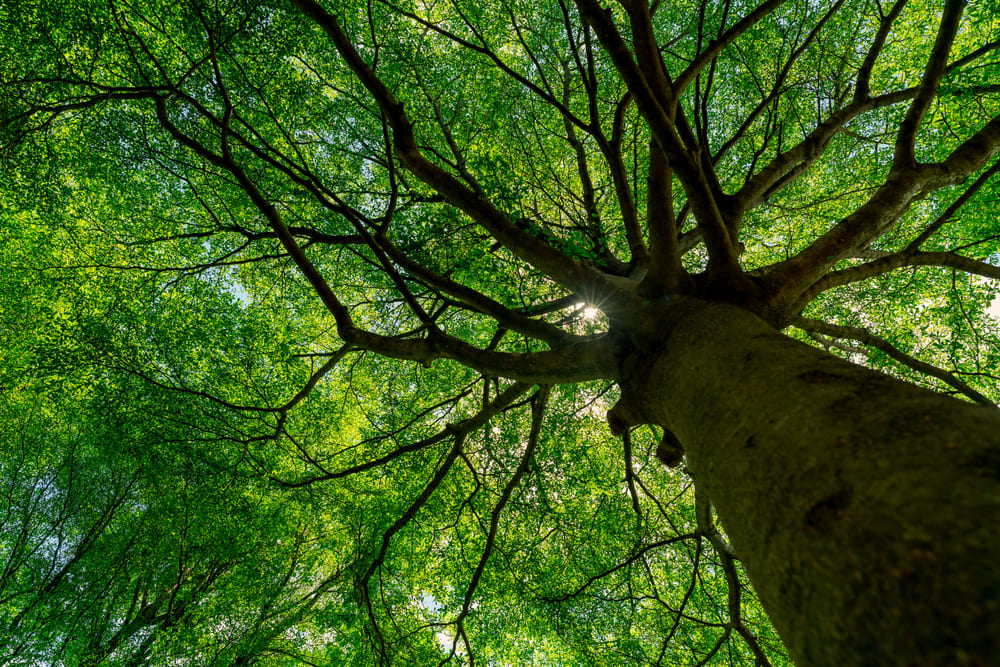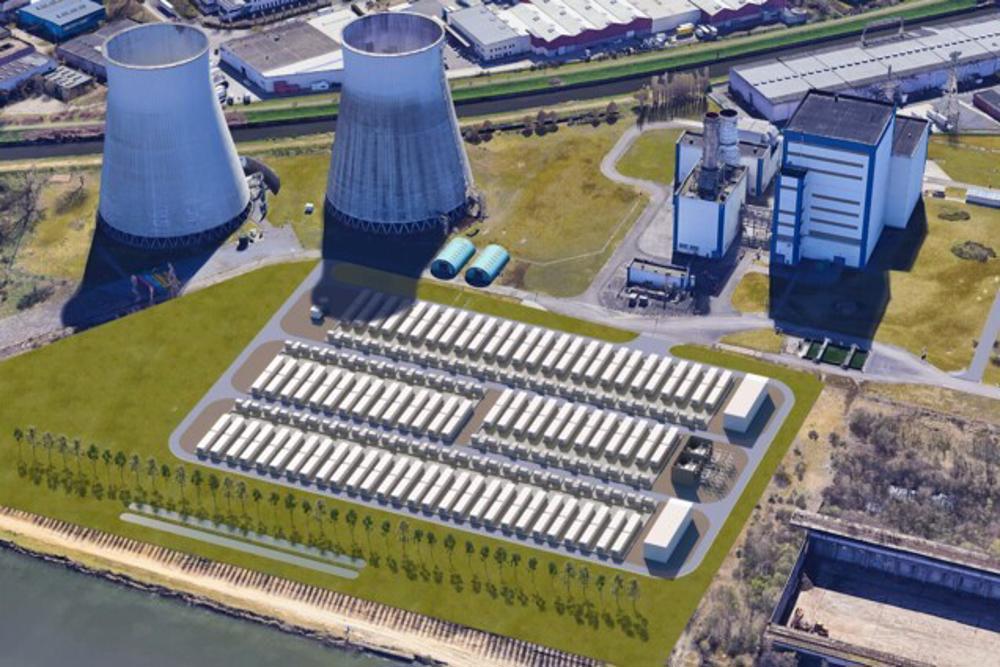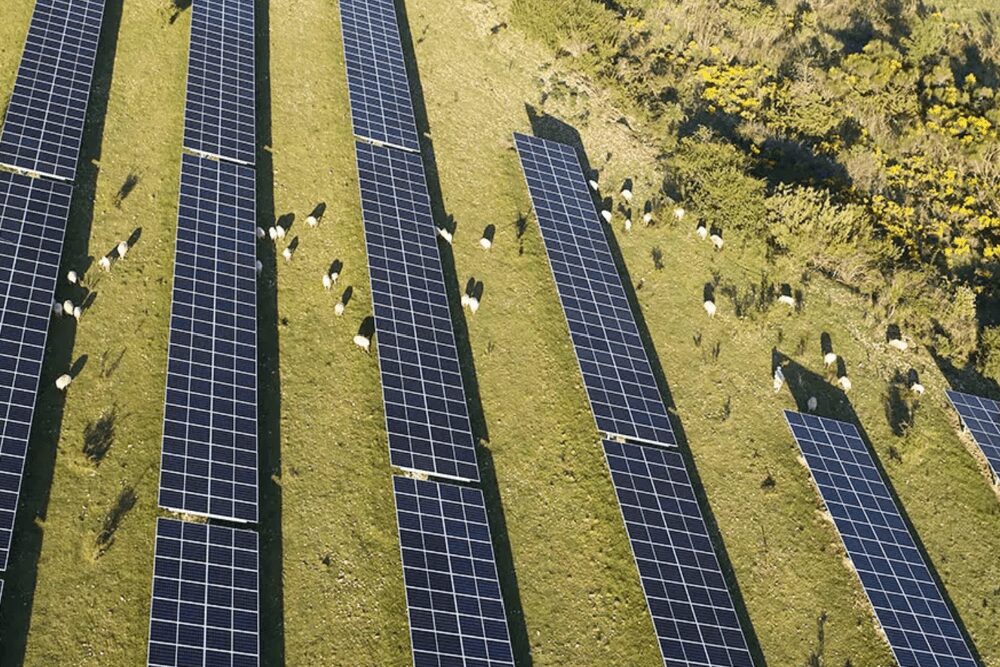
South Korean steel-making company POSCO and French energy generator ENGIE will conduct a pre-feasibility study for a major renewable hydrogen project in the Pilbara.
The study will consider the possibility of utilising renewable hydrogen to power POSCO’s proposed Hot Briquetted Iron (HBI) plant in Port Hedland, as well as the exportation of green fuel to South Korea.
Western Australia currently provides 38 per cent of the world’s supply of iron ore — which is processed overseas to make steel.
HBI is a premium form of direct reduced iron which will add downstream value to Pilbara iron before it is exported.
With a local HBI plant, WA will have the ability to undertake an intermediate and important processing step between iron ore and steel.
WA Hydrogen Minister Bill Johnston stated that the State is continuing to explore the potential uses of renewables in the resources sector with this study existing as a major step towards a clean energy future.
“This builds off our successful Green Streel Opportunity report completed earlier this year, which mapped how WA iron ore can reduce emissions in steelmaking.
“Producing green steel would make WA a world player in the green industry, with current steel manufacturing generating more than seven per cent of global carbon emissions,” said Johnston.
Being able to use renewable hydrogen in the proposed plant will significantly reduce the global emissions it creates and produce green iron.
The study will support development plans for inland renewable energy sites, including wind and solar generation, a hydrogen electrolyser, large-scale storage capability and a pipeline capable of transporting green hydrogen.
The study is expected to be completed in early 2024.











